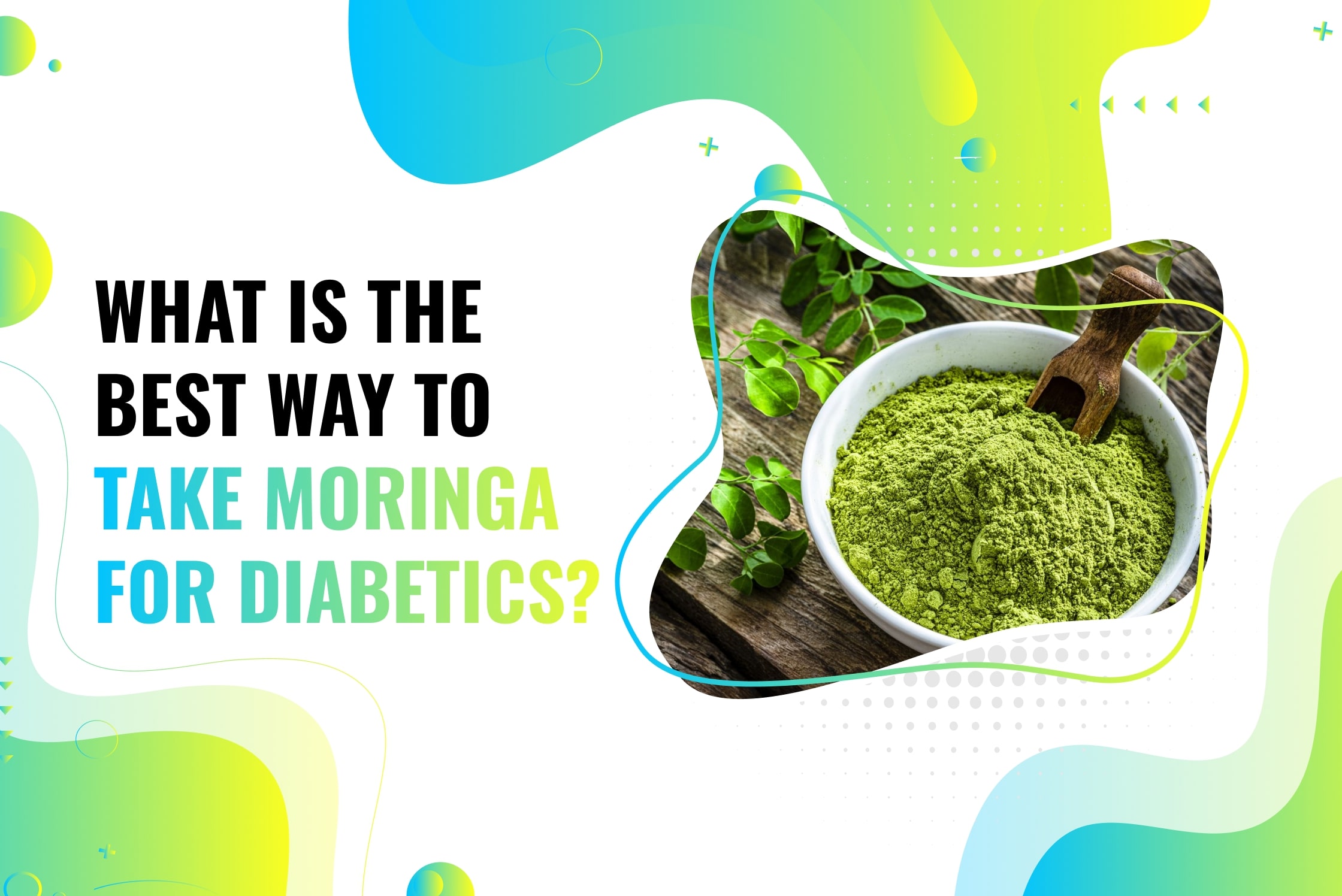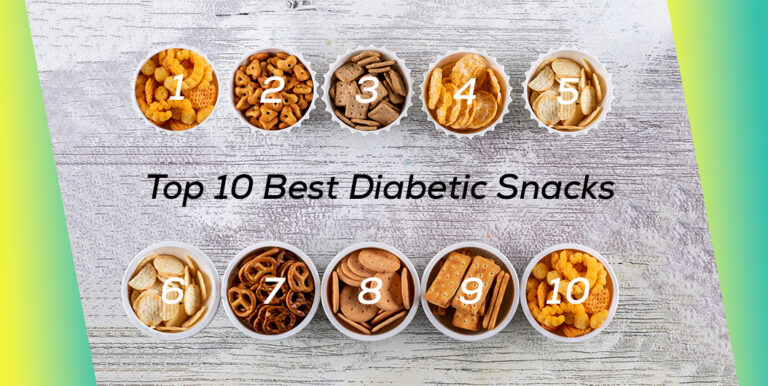What Is The Best Way To Take Moringa For Diabetics?
Moringa is a special food from India and Africa that helps people with diabetes.
But what is the best way to take them?
You can take moringa in three different ways: raw leaves, powder, or liquid form. You can then make tea, add them to soup or take supplements. The best way to consume them may differ from one individual to another, so test all the ways first before deciding.
You can take moringa in three different forms to add variety you could. That said, let’s learn more about this superfood!
What Is Moringa and Its Benefits For Diabetics?
Moringa is an herb native to India and South Africa that has been used in traditional medicine for centuries. It is rich in antioxidants, vitamins, and minerals linked to various health benefits.
Recent research has also suggested that moringa may be beneficial for diabetics. Studies suggest that incorporating moringa into one’s diet can help keep blood sugar levels stable by slowing down the absorption of carbohydrates from meals.
Additionally, it reduces insulin resistance in patients, helping them better manage their diabetes symptoms. The potential benefits are so vast that some people are even exploring moringa as a natural alternative to other medications used to treat diabetes.
All in all, incorporating moringa into a diabetic’s diet could result in many great health rewards.
What Is the Best Way to Take Moringa For Diabetics?
Taking moringa for diabetics can be done in various ways, depending on the needs and preferences of each individual. Those who want to incorporate moringa into their diets must consider the amount used and how often it is consumed.
One way to consume moringa is to make tea by boiling moringa leaves in water for 10 minutes. This tea can then be strained and enjoyed either hot or cold.
Moringa can also be added to smoothies or other dishes, such as soups and salads. It can even be taken in a capsule supplement form if desired.
To derive the most benefit from consuming moringa, it should always be eaten with other healthy foods, such as fruits and vegetables, lean proteins, and complex carbohydrates. These provide essential nutrients that work together with the antioxidants found in moringa to help control blood sugar levels and reduce insulin resistance.
When taking moringa for diabetics, starting with a smaller dose (1-3 teaspoons) per day and gradually increasing it over time based on one’s individual needs is best. As with any supplement, consulting a doctor before adding moringa into one’s diet is highly recommended.
How Much Moringa Should You Take as a Diabetic?
Generally speaking, individuals are recommended to take one teaspoon of Moringa powder thrice daily. Although consulting a health care professional is always advised when making significant dietary changes.
Additionally, taking larger doses occasionally as needed is considered safe and beneficial if you don’t exceed more than five teaspoons of Moringa powder daily. Regardless of dosage frequency or size, regular Moringa consumption can bring noticeable benefits for diabetics due to its abundance of active ingredients.
Moringa is an incredibly versatile herb that can be added to various dishes for diabetics. Here are some delicious recipes that are good for controlling blood sugar levels and taste great!
Diabetics can benefit significantly from eating moringa as part of their diet. Eating moringa can help keep blood sugar levels in check by slowing down the absorption of carbohydrates from meals, reducing insulin resistance, and helping to manage diabetes symptoms.
What Precautions Should Be Taken When Taking Moringa for Diabetes Management?
Taking moringa for diabetes management can be effectively done with the proper precautions.
For starters, it is wise to consult a healthcare professional before taking any supplement to treat and manage diabetes.
Secondly, remember that while moringa has numerous potential health benefits, it should not be taken as a substitute for doctor-prescribed medications or insulin injections.
Additionally, if you decide to take moringa supplements, go for quality products and always read the label carefully; look out for additives that may adversely affect your health.
Lastly, you should monitor the impact of taking moringa supplements by tracking your blood sugar levels regularly to address and manage any changes in those levels quickly.
Final Words
Moringa is an excellent addition to any diabetic’s diet and can provide numerous health benefits.
However, it is essential to consult with your healthcare professional before taking moringa supplements and continuously monitor the impact of supplementation on blood sugar levels.






